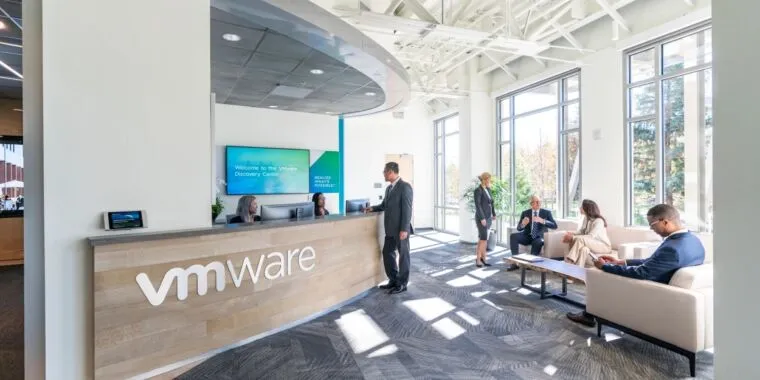Can someone tell me why this is so common? To buy a company and then lay off a significant portion of the people working in it…?
Most of the time, companies are bought either for patents or products they have. So they either don’t need the workforce or already have their own.
It’s also worth noting in this case that a large part of Broadcoms business model is to buy enterprise products with high vendor lock in, fire all support and development, jack up the price, and basically just squeeze as much money as possible out of very business that is to slow or unwilling to change.
Yep. Broadcom fucking sucks, they’re and they’re really good at doing this. Can’t wait until VMWare costs more than the systems it’ll be running on 🙄
As someone who used to lead the IT side of a fair amount of mergers and aquistions, nobody buys a company without a plan to get a good chunk of value out of it over the actual price they paid for it.
It begins with the intent of the primary company. Some solely buy a busineas to resell it and then use thier expertise and resources to do so. There is almost always large inefficiencies in staffing, and a leaner payroll looks better on a balance sheet.
In other cases where a company acquires another the other commenter touched on which is it was purchased only for certain assets like customers. They’ll use the other assets if they can, including staff, otherwise they are written off.
And the most common one is where they want the company and all of the assets, but there’s a word that exec types love called ‘synergy’ - you see this a lot in low margin companies like retail. This is where there is a lot of redundancy and overlap between the two companies and they get the value by eliminating this redundancy and overlap, which pretty much guarantees staff cuts
If it’s the people working on VMware Blockchain… then I get it…





